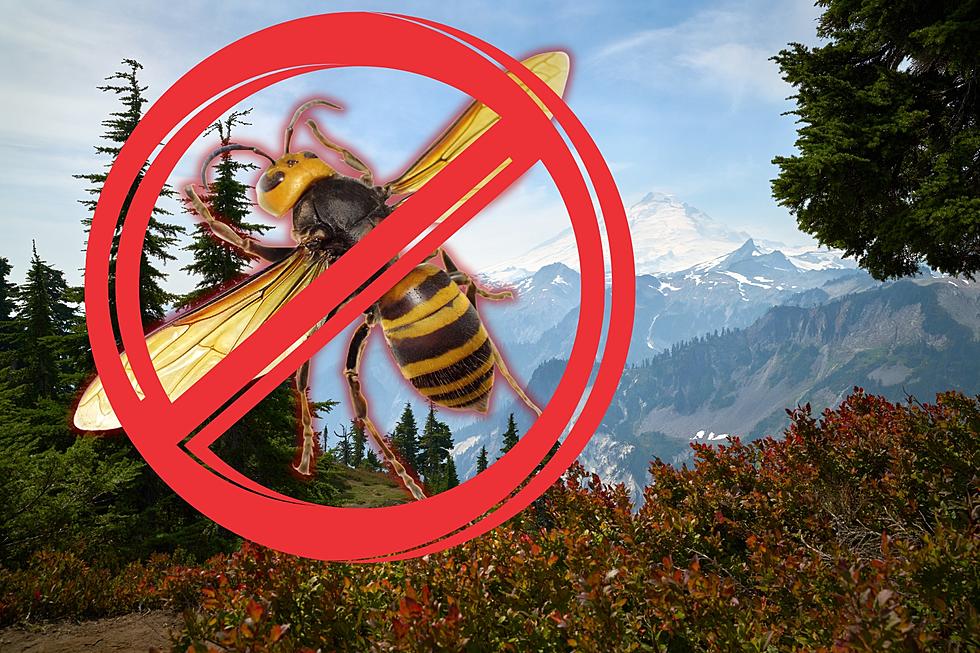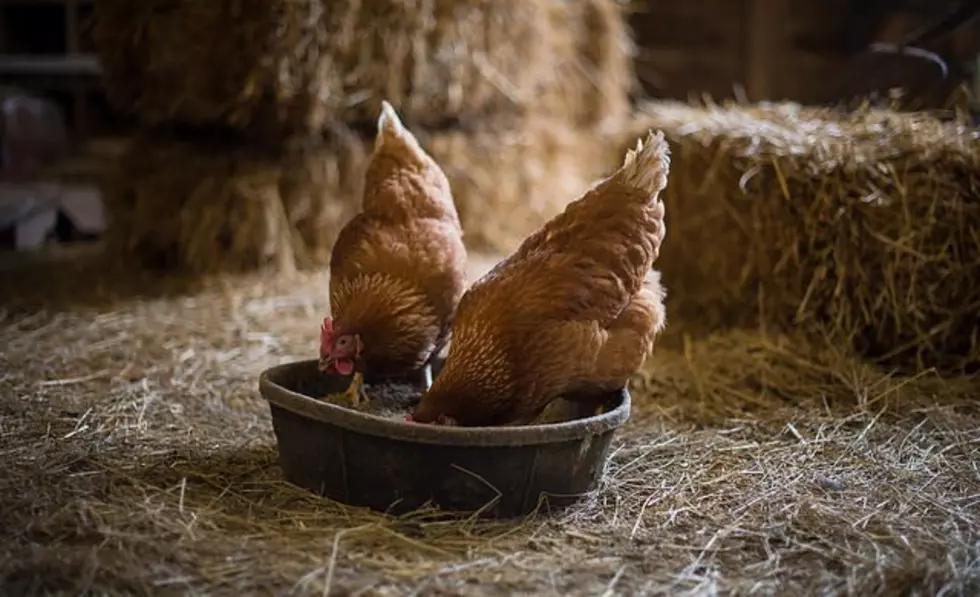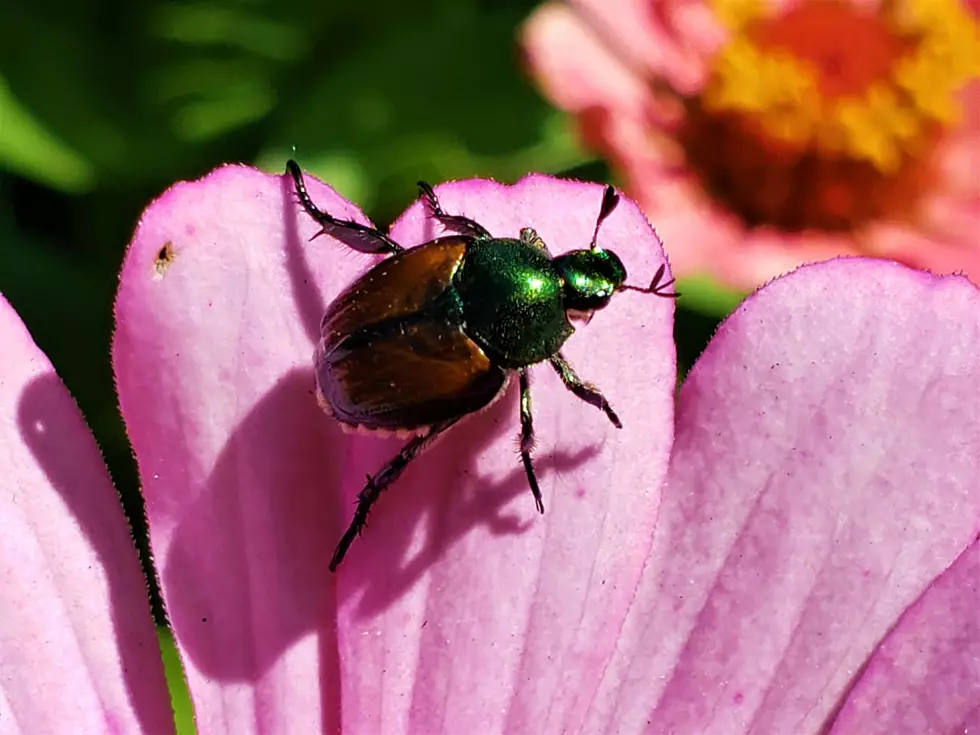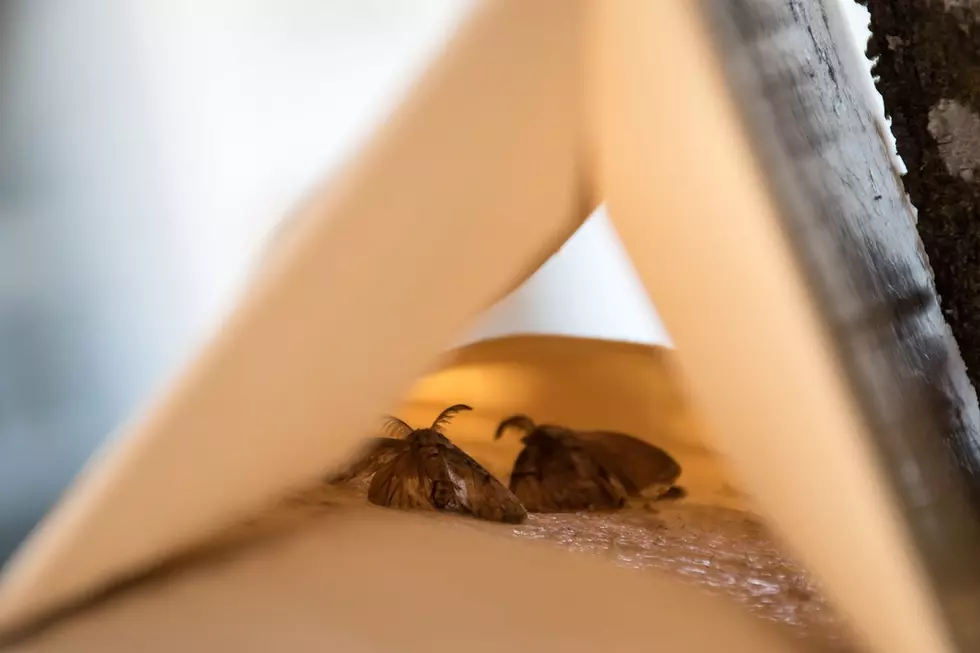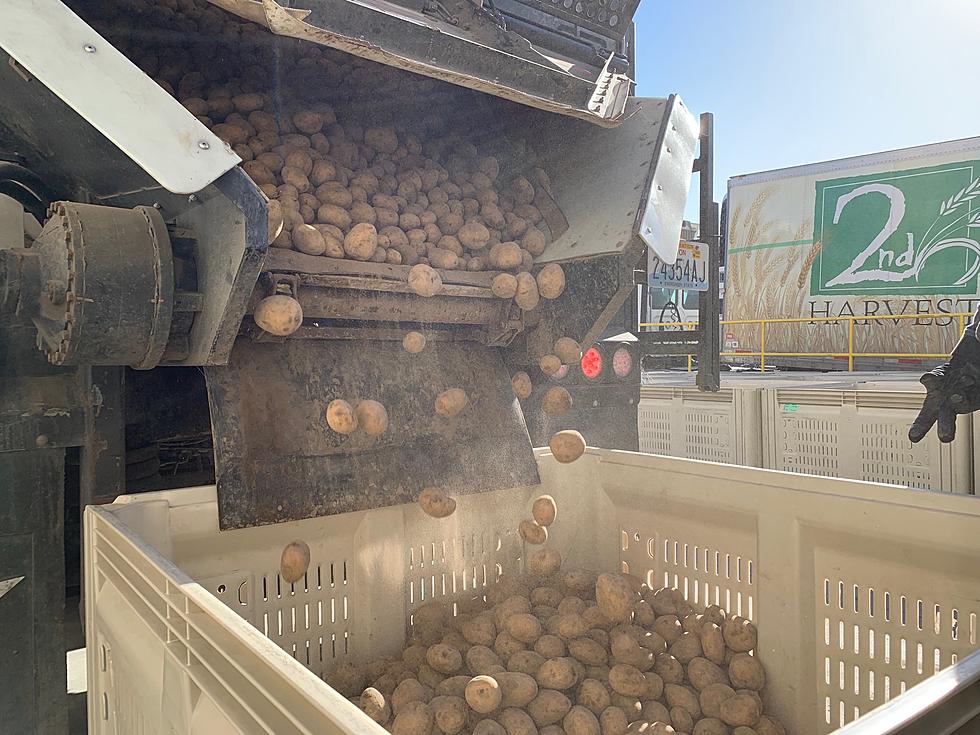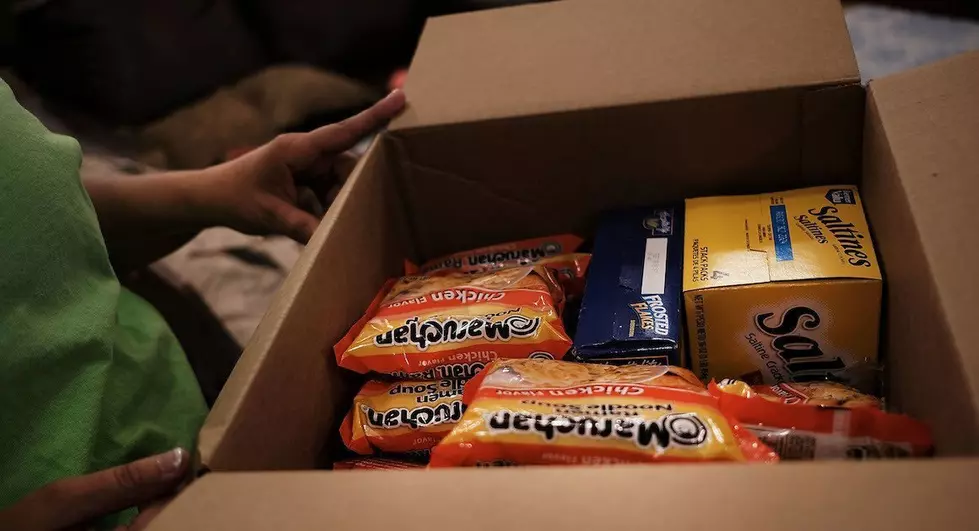
WSDA Warning Of The Houdini Fly
In case the Asian Giant hornet wasn't enough, the Washington state Department of Agriculture is warning that pollinators in the state face another risk, with spring fast approaching. This week, WSDA issued a warning of the Houdini fly, which targets the native mason bee.
Mason bees are small, solitary bees that are one of the first pollinators to emerge in the spring. The WSDA said mason bees are one of the few reliable early spring pollinators and are increasingly used in orchards to pollinate fruit trees in the spring. The Houdini fly does not attack mason bees directly, it lays its eggs on the pollen meant to be the food for mason bee larvae. When the Houdini fly’s eggs hatch, the fly maggots consume the pollen, leaving the mason bee young to starve. Fully grown, the adult Houdini fly makes an amazing escape that gives it its name: it inflates its head to break through the mud cell walls.
WSDA received reports from mason bee producers who had been detecting the Houdini fly maggots in their mason bee nests. WSDA first received reports in 2019, but only after mason beekeepers had been finding the maggots for repeated years. Because of this, WSDA believes the Houdini fly has established in Washington State and possibly in other states and can no longer be eradicated.
How can you manage the Houdini fly and protect the mason bee?
WSDA says while eradication is not an option, mason bee producers and enthusiasts can take several steps to limit the spread of this pest.
- Harvest mason bee cocoons – Open mason bee nests before they emerge in the spring and destroy Houdini fly maggots.
- Control adult mason bee emergence – If you cannot open nests, place the nesting materials in a fine mesh bag and close it tightly. As the bees emerge, release the mason bees daily and kill any Houdini flies.
- Only use nesting materials that allow you to open, inspect, and harvest cocoons. Visual inspections can greatly reduce Houdini fly populations.
- Before purchasing mason bees, ask the provider how they harvested the bees and whether they inspected the cocoons for Houdini fly.
- Only purchase pest-free mason bee cocoons.
If you have a story idea for the Washington Ag Network, call (509) 547-1618, or e-mail gvaagen@cherrycreekradio.com
More From PNW Ag Network


